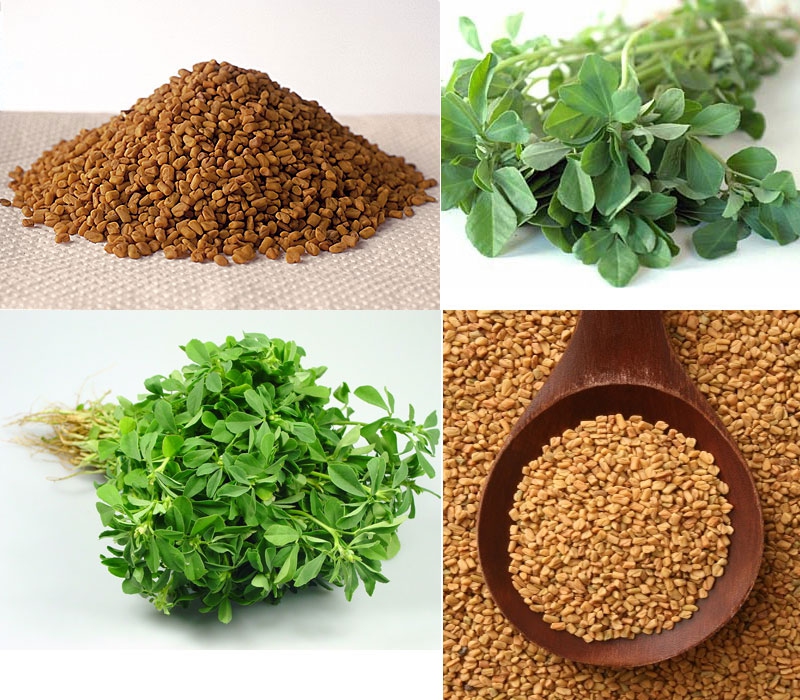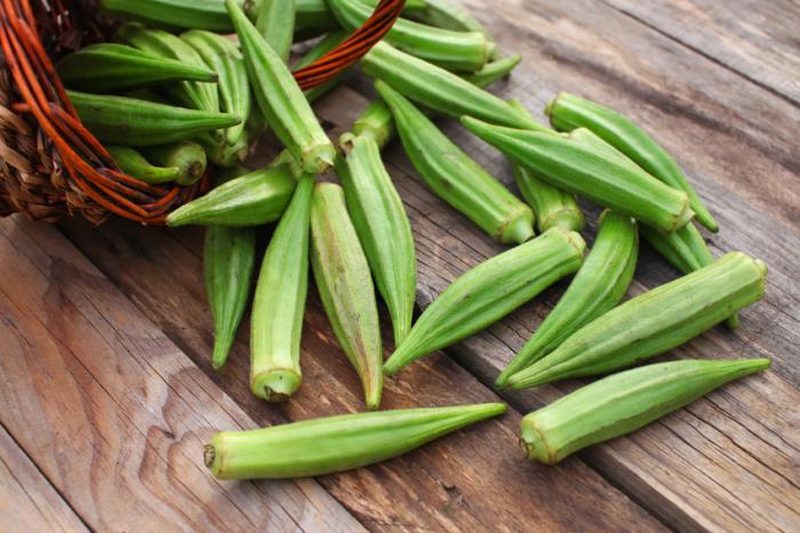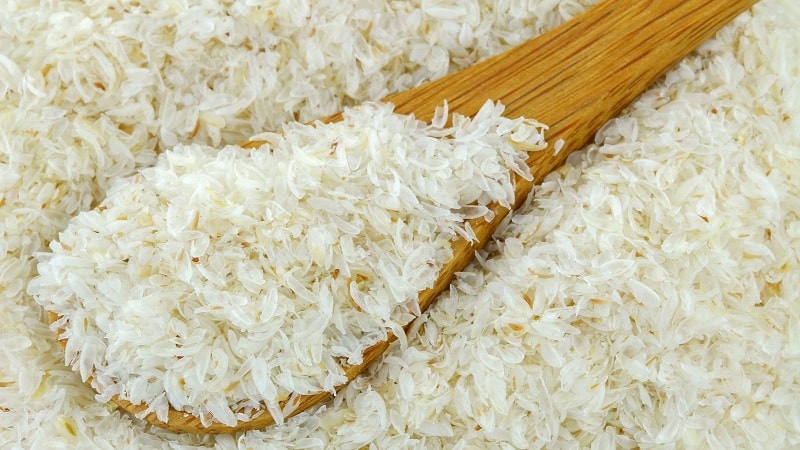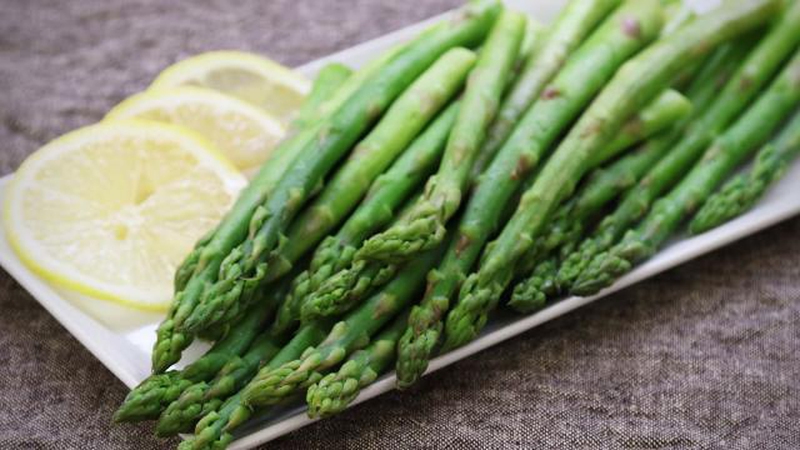Diabetes is quickly becoming a common health condition that affects people all over the world. This condition makes it difficult for individuals to produce insulin or makes it more difficult for their body to use insulin effectively, resulting in high blood pressure. While this condition can be regulated with various medication, most people are not aware that it can be managed through a healthy diet and simple lifestyle changes. Home remedies for diabetes can be effective to keep blood sugar levels under control. Continue reading to learn just how this is possible.

How to Deal with Diabetes Naturally
Cinnamon tea
Cinnamon can help stimulate the insulin in the body because of the bioactive components found in it. While cinnamon can help lower blood sugar, it should be consumed in moderation since the coumarin in most store bought Cassia cinnamon can be toxic and cause liver damage. Drinking half a teaspoon of cinnamon mixed with warm water or added to other beverage can help manage diabetes.
Jambul
Jambul or black plum contains anthocyanins,
Leaves of Mango
Mango leaves not only help with improving blood lipid profiles but can also balance the insulin in the blood. You can either grind the leaves into a powder and eat half a teaspoon of it twice a day or soak 10 leaves overnight in a glass of water. In the morning, filter the water and drink the water before you have eaten anything for the day.
Aloe Vera
Aloe vera is
Okra
The seeds and peel are what makes this one of the effective home remedies for diabetes. Soak the okra, ends cut off, in a glass of water overnight. Remove the okra in the morning and drink this water daily on an empty stomach.
Flax Seed
Flax seeds help aid in digestion because of their high fiber content which helps the body absorb the proper fats and sugars you consume. Drinking a glass of warm water in the morning on an empty stomach that contains a tablespoon of ground flaxseed can reduce the postprandial sugars. There are a number of ways you can include flax seeds into your diet, but never consume more than two
Green Tea
High in the antioxidant polyphenol, green tea leaves can help balance the release of blood sugars as well as use the insulin more efficiently. Drink a cup of warm green tea in the morning every day and you can help manage diabetes better.
Neem
Neem is a bitter leaf that is used regularly in Indian cousins. This leaf can help dilate blood vessels, improve blood circulation, and can lower blood glucose levels. To reduce the
Moringa
Also known as drumstick leaves, this plant can help slow down how the food you digest breaks down and, in return, lowers your blood pressure. Each morning wash and crush a few drumstick leaves. Extract the juice and drink a fourth a cup of it on an empty stomach.
Isabgol
Better known as psyllium, it is often used as a natural laxative. When mixed with water, it forms a gel-like substance that will slow the absorption of blood glucose. This is one of the home remedies for diabetes that not only regulates blood sugar levels, but can also protect the stomach from excess acid and ulcers.
Karela
This plant, best known as bitter gourd, is rich in insulin-polypeptide-P. It reduces the blood sugar levels in the body by mimicking the insulin the pancreas produces. Bitter gourd also contains
Holy Basil Leaf
Holy basil leaves help the cells that store and release insulin function properly. With plenty of antioxidants and essential oils, drinking a tablespoon of the juice or eating 2 leaves on an empty stomach can keep the blood sugar levels balanced.
Fenugreek
To help improve glucose tolerance, lower blood sugar levels, and stimulate the secretion of glucose dependent insulin, this herb can greatly help control diabetes symptoms. You can eat two
Guava Fruit
The vitamin C and fiber contents in guava can help regulate blood sugar levels. Avoid eating the skin or peel of the fruit and limit how much you consume in a day as it can cause constipation.
Asparagus
Asparagus can act as a diuretic which can help manage diabetes. Steam this vegetable and toss it with some olive oil and lemon juice.
Fiber
Eating more foods that are high in fiber can be highly beneficial. Fiber takes longer to digest and this slows down the increase of blood glucose.
Chromium
This mineral is found in meats, chicken, clams, whole grains and brewer's yeast. This is one of the home remedies for diabetes that can help combat cellular insulin resistance and improve glucose tolerance.
Eat on a regular schedule
Eating a healthy diet is important to manage diabetes, but you need to stick to a regular eating schedule. This will not only reduce stress on the body but also prepare the body, so it can better regulate blood sugar levels.
Oral Health
Taking extra care of your teeth when you have diabetes is vital. The higher levels of sugar in the blood increase the risk of bacteria and infections in the mouth. Visit your dentist every six months and be sure to floss and brush regularly.




View All Comments /Add Comment